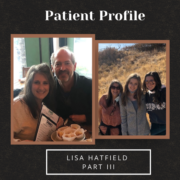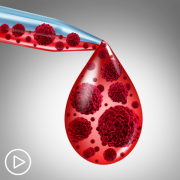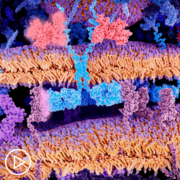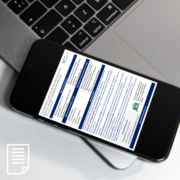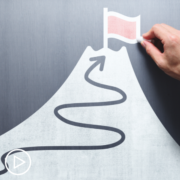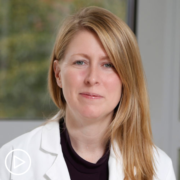Patient Profile: Lisa Hatfield Part III
This is Part Three of a five-part series (Read Part 1 and Part 2) from empowered multiple myeloma patient Lisa Hatfield. In Lisa’s candid and compelling telling of her cancer journey, she shares her story from diagnosis in 2018 to how she lives well with cancer in 2021. Lisa provides thoughtful feedback about becoming an empowered patient and the value of Patient Empowerment Network as a resource, and she offers her advice to anyone newly diagnosed with cancer: Learn, Breathe, Feel, Share, Live, Connect, and Hope. In Part Three Lisa uses her experiences to provide valuable advice about becoming an empowered patient through a willingness to learn and be open.
It’s true, knowledge is power. And it is empowering. There are so many ways to learn about your cancer, which allows you to feel that you have some control over your diagnosis. Learning from others is a great way to start, as we did with “R”, a stranger we met on an elevator at our local cancer center.
We met R a couple days after diagnosis. She was maybe five feet tall, give or take a couple inches…probably take. The elevator carried us one floor, from the main floor to the basement (I understand that radiation areas are better shielded in the basement, but it’s an awful locale for an oncologist’s office…dark, depressing, and deathly). This 20-second ride changed our lives, and quite possibly the length of mine.
My husband and I were obviously exhausted. Trying to determine the order of treatments (radiation, surgery, chemo, stem cell transplant) had us feeling like ping pong balls, bouncing back and forth, all the while worrying that my spine and spinal cord could fail at any moment. We wanted someone to tell us what to do. Information overload and miscommunications among providers left us too tired to think. We’d been mulling the idea of going to MD Anderson, but that task seemed much too daunting; not to mention that leaving our kids for a week (which morphed into a month) worried me. They were afraid, too; I needed to comfort them.
This random stranger, R, thanked us for holding the door. As the elevator door sealed shut, R gave us a stern look, “Which of you is getting zapped today?” Maybe this petite but fiery woman had some words of wisdom. Clearly, she had been going through something herself, as a large, patchy scar was evident on her neck. I explained that neither of us was going for radiation, just a radiation consult for me. Our quick elevator conversation extended for several minutes after we deboarded the elevator. She did have something to share: her story, and her words of wisdom. “Go,” she said…no, she demanded…we go to Houston for an expert consult. It was absolutely, the best decision we made during this entire journey. We were open to listening and learning as a result of desperation.
I am a researcher, and once I was under the influence of powerful steroids, I researched myeloma all night long (thank you, dexamethasone). Support groups for cancer patient and caregivers provide not only support, but educational opportunities. We’ve made lifelong friendships with our local myeloma support group and have found that it’s more a social hour than a support hour.
Learn from the entire care team. Oncologists are the cancer care “quarterbacks,” but the chemo nurses see much more of the side effects, standard and atypical, to know when to be concerned. Pharmacists are more likely to understand your bowels and digestive issues. Upon starting infusions, the oncology pharmacist introduced himself, “Hi, I’m Greg the pharmacist. I talk to people about drugs and poop. We talk openly and freely about poop. Let’s make that normal right now. How is pooping currently?”
Read Part IV of Lisa’s story here.

